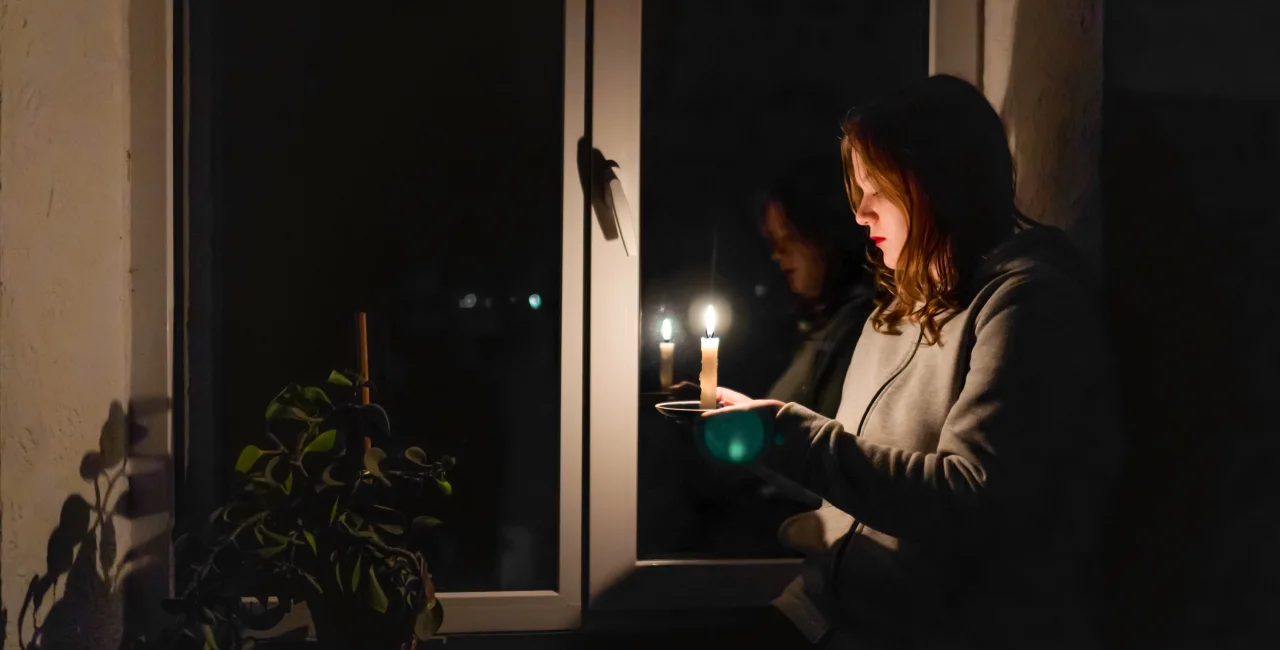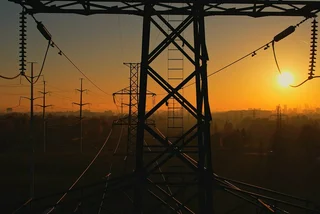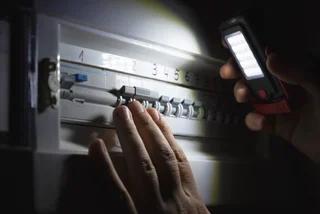The Ministry of the Interior will release the country’s first official crisis preparedness manual in August, outlining essential steps citizens should take during blackouts, natural disasters, or other emergencies. The initiative comes in the wake of a recent large-scale power outage that exposed vulnerabilities in public readiness.
The manual emphasizes three core recommendations for the first 72 hours of a crisis: having a working radio, enough food and water, and cash in small denominations. "Most crises will not be resolved in 72 hours, but by that time crisis mechanisms will have been activated to lend a helping hand to citizens," said Col. Ivo Zelinka of the Czech Army's 91st Information Warfare Group.
The guide has been in development for at least six months. Zelinka attributed the delay in its creation to a historical lack of public demand. "This year's blackout, last year's intense floods, the tornado in South Moravia, there are enough of these situations. But there probably hasn't been sufficient demand in the long term," he said.
Most people in Czechia are not ready
Survival expert Amar Ibrahim, owner of Outdoor Survival, warned that Czechs are largely unprepared. “After a power outage, it's as if nothing happened. But it can happen at any time. We are not only threatened by a blackout, a pandemic, war, economic collapse, we are also threatened by the unpreparedness of the population,” he said.
Ibrahim stressed the need for skills-based training rather than just distributing informational materials. “It's not enough to publish a brochure and wash your hands of the words 'we told you so,’” he told Czech media outlet Seznam Zprávy. He advocates for survival education in schools and recalls preparing a similar manual for the city of Domažlice, which was largely ignored by other municipalities. “They said they didn't want to scare the population,” he noted.
Focus on the basics
The guide advises households to store at least three days' worth of drinking water and non-perishable food. Zelinka also recommends owning a battery-powered, solar, or crank radio. “We are used to getting information from the internet, but it would not be available in the event of a nationwide blackout,” he said.
Cash is also essential, he said, as ATMs and payment systems would likely be offline. “It’s a myth to think that if the electricity goes out, you won't be able to buy anything,” Zelinka added, noting that small shops might still be able to operate under emergency legislation.
Both Zelinka and Ibrahim cited Sweden and Baltic states as examples of effective public readiness programs and suggested similar initiatives could be adopted in Czech schools.












 Reading time: 2 minutes
Reading time: 2 minutes 




























